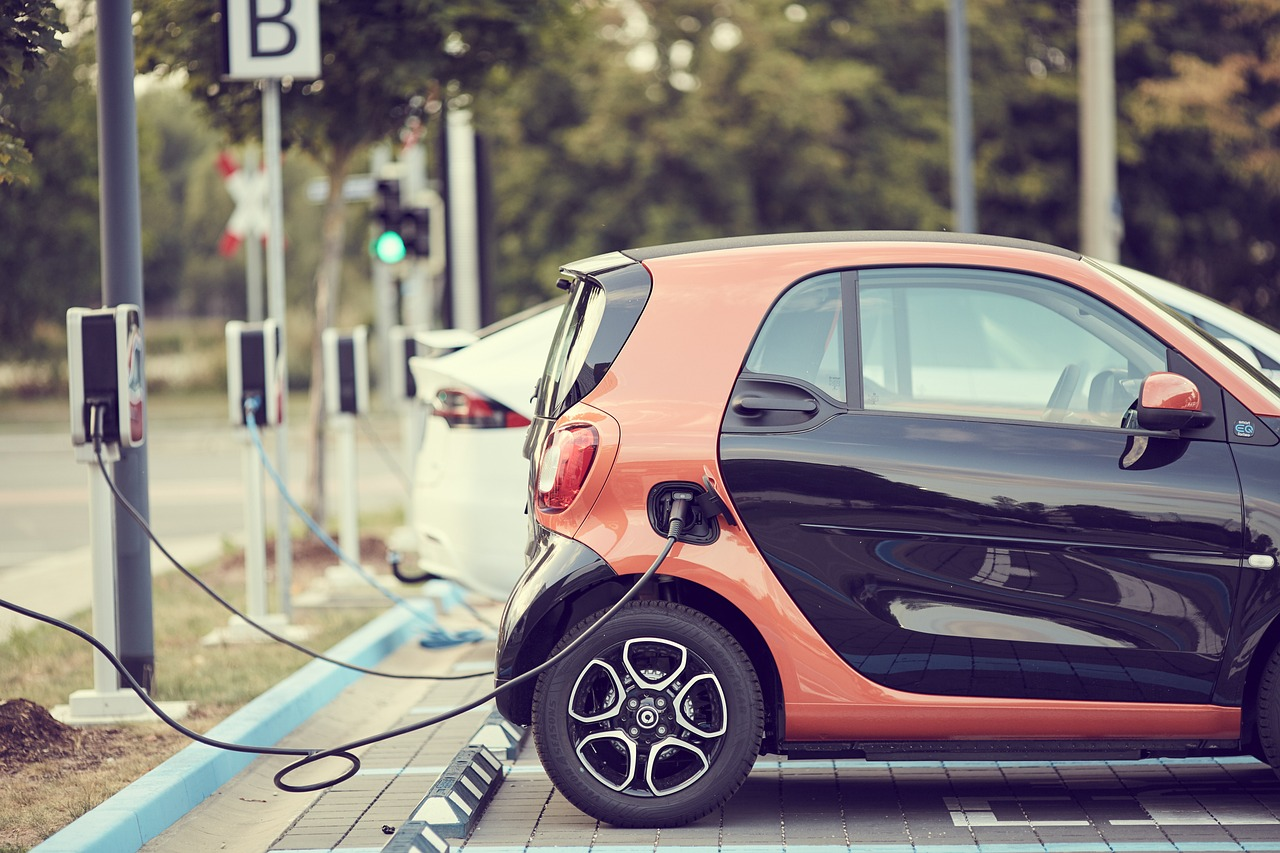In recent years, electric vehicles (EVs) have gained much attention as a viable and eco-friendly alternative to gas-powered cars. As concerns over climate change and environmental sustainability increase, many consumers are taking a closer look at EVs as an option for their next car purchase. However, switching to an electric vehicle also brings uncertainties. How far can EVs travel on a single charge? Are there enough charging stations? How much do they cost compared to gas cars? As the EV market continues to expand with more models and charging infrastructure, these questions loom larger for potential buyers. Let’s explore some key factors to ponder as you weigh whether an electric vehicle may be the right choice as your next car.
Range And Charging Concerns
One major inquiry for many relates to an EV’s driving range before needing a recharge. Ranges vary considerably depending on the specific model, but most new EVs available today can travel well over 200 miles on a full battery. That covers the average person’s daily commute easily with ample range to spare. However, concerns arise about long road trips that may require multiple charging stops along the way until fast-charging networks expand further. Charging times also factor in, as batteries take several hours to replenish fully using a standard outlet but can reach 80 percent capacity in 30 minutes at a DC fast-charging station. Car companies and states are infusing electric vehicle infrastructure heavily with more chargers popping up all the time. Still, range anxiety remains real for some until charging becomes utterly effortless anywhere, anytime. Improving battery technology should alleviate most qualms here gradually in the coming years.
Upfront Cost Versus Long-Term Savings
Upfront prices constitute a substantial impediment for many potential EV buyers, as the newest models like the upcoming 2024 Chevy Equinox EV tend to cost well over $30,000 even with available subsidies. This is often substantially higher than comparably sized gas cars. However, you’ll save a lot of money in the long run once you consider fuel and maintenance costs. Most EVs require no oil changes, far fewer tune-ups, no emissions testing, and batteries receive 8-10 year/100,000-mile warranties from automakers. Even factoring in the need for new batteries eventually, total ownership expenses end up much lower than gasoline counterparts over many years. Electric fuel is also far cheaper per mile. When government and electric company incentives enter the equation too, the purchase hurdle becomes easier to clear. Running the real long-term numbers shows electric cars can truly save their owners thousands in fueling and maintenance bills.
Resale Value And Technological Advancements
Resale value is a mystery for EVs, as the market on used electric cars is still in its infancy. But early indications point to retained worth surpassing similar gas cars. Minimal long-term maintenance means fewer costly repairs down the road. Plus, resale batters tend to hold their charge well if properly taken care of. Over time as more new EVs hit the used market, resale value is expected to stabilize and stay fairly consistent or even increase for sought-after models. Rapid technological advances also portend an electrified future. More efficient batteries granting greater range are continually in the works. Faster 800-volt charging and solid-state battery designs on the horizon should dispel any qualms as EVs become as convenient as their gasoline siblings soon enough. Continuing evolutions propel the all-electric future ever closer, making the current transition period a wise time to adopt the technology from both an economical and readiness angle.
Environmentally-Friendly Driving And Lower Carbon Emissions
Of course, one of the major drivers of the EV movement centers on the environmental benefits. EVs produce zero direct tailpipe emissions, thereby curbing noxious pollution in crowded cities where ICE vehicle emissions do the most harm. Even when considering manufacturing and grid electricity factors, life-cycle analyses show battery-powered cars contribute far fewer greenhouse gases than their combustion counterparts. With more widespread EV adoption comes cleaner air nationally as electricity grids increasingly incorporate renewable resources. Individual drivers also enjoy the earth-friendly feeling of knowing every charge fuels their daily commute using cleaner energy. Gas-fueled drivers, on the other hand, directly support environmentally damaging oil industries with every fill-up. The cognitive dissonance of desiring sustainability but driving a gas guzzler disappears with an electric car.
Conclusion – Is An EV For You?
As the preceding points attempt to uncover, many of the doubts potential buyers historically have about electric vehicles no longer hold as much weight. While higher upfront costs remain, total savings on fuel and maintenance usually make EV ownership the more economical choice longer-term. Range anxiety is diminishing as battery technology and infrastructure expand rapidly. Resale values and selection options are abundant. Environmental benefits and falling under the influence of Big Oil make a strong progressive case too. For most drivers, the advantages of switching to electric cars outweigh any lingering concerns. As charging networks spread and automakers flood the market with new models, the time seems right for many conscientious consumers to make the switch to an electric vehicle.











